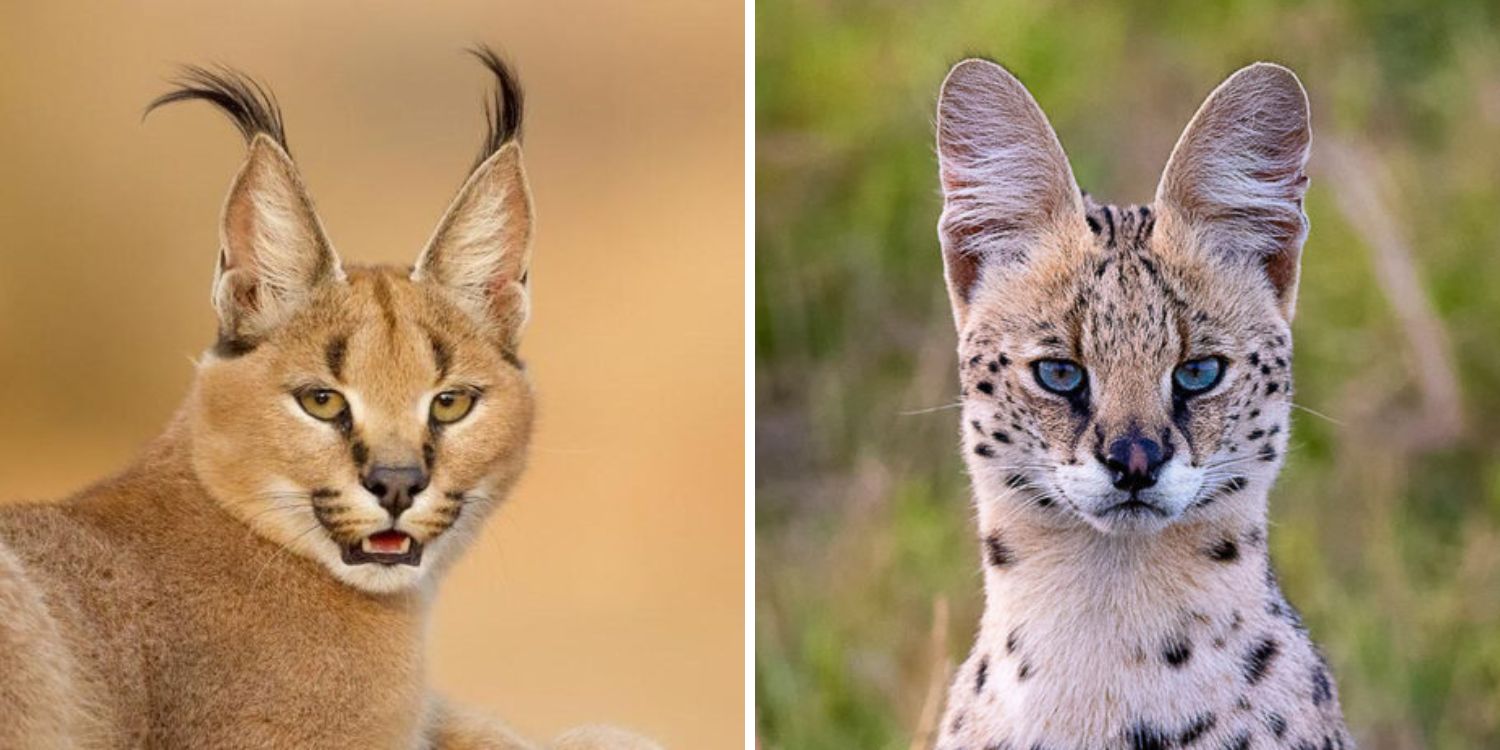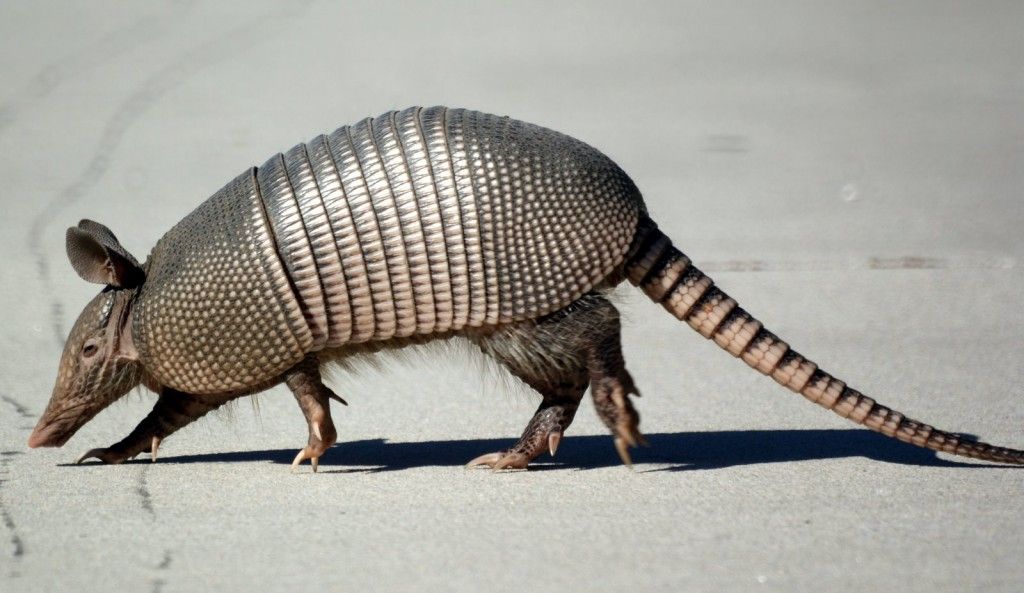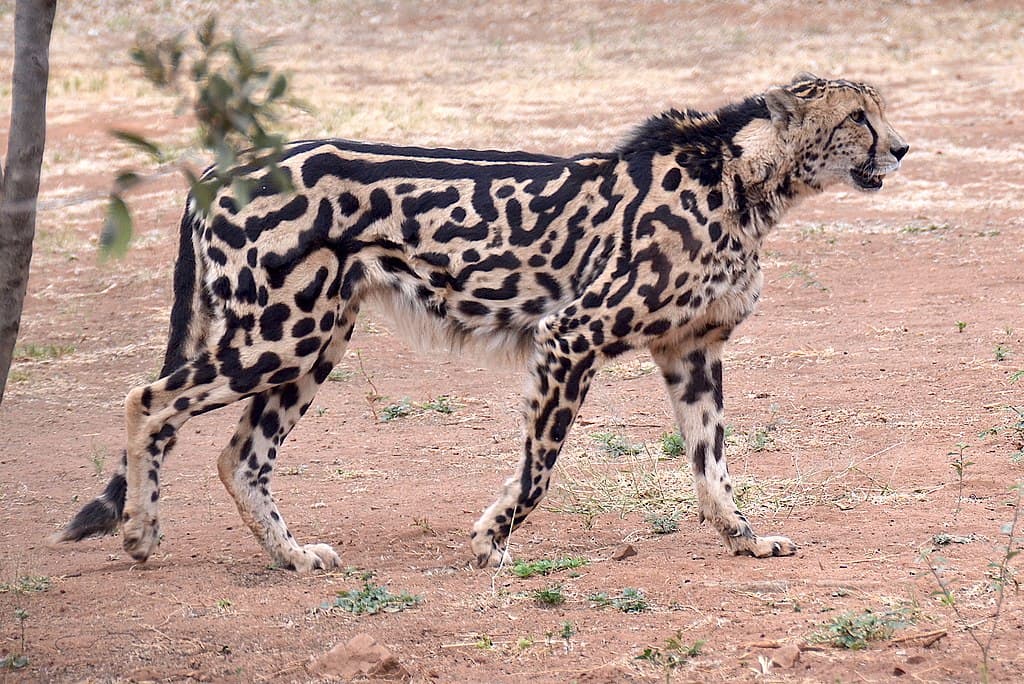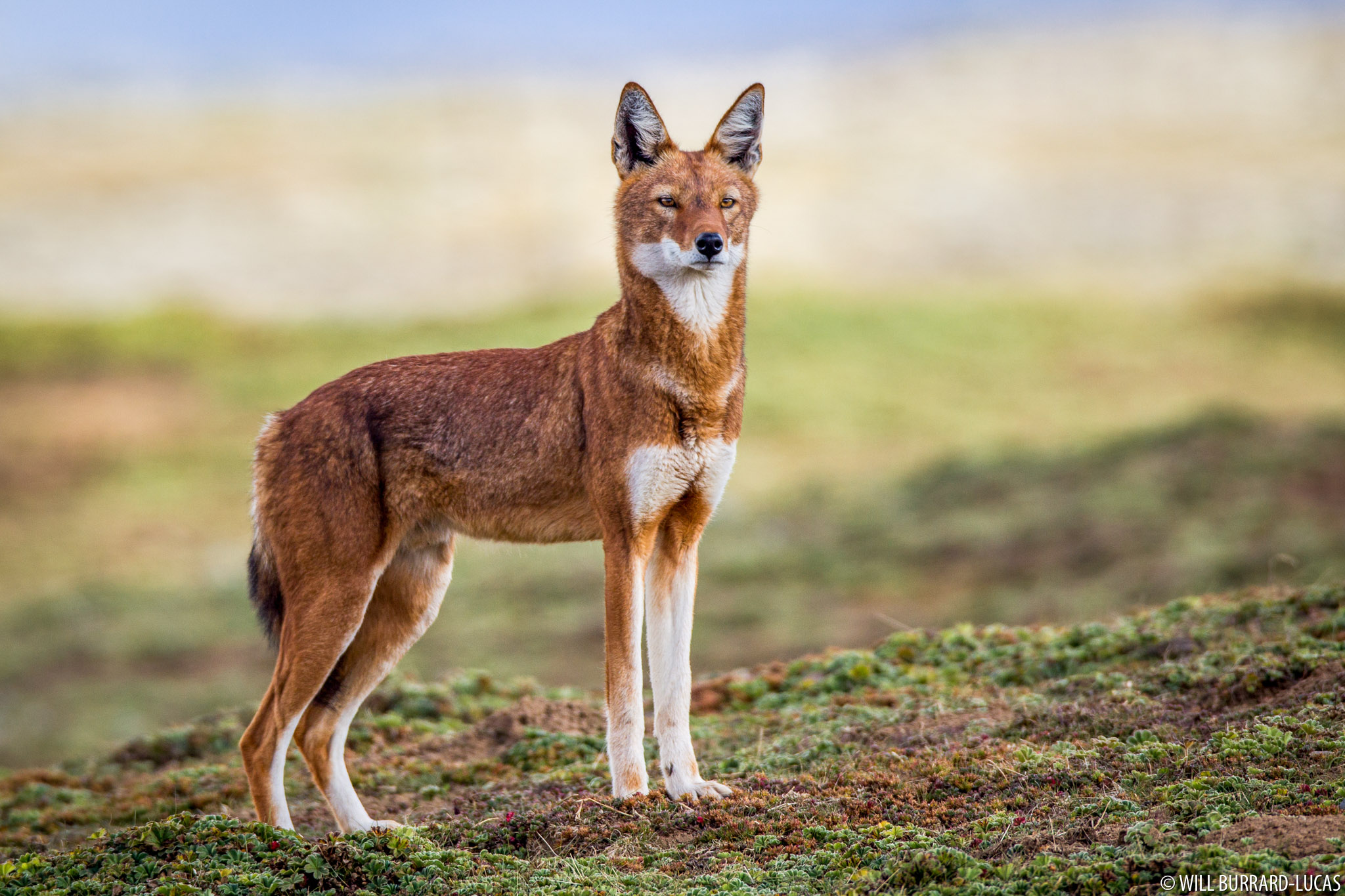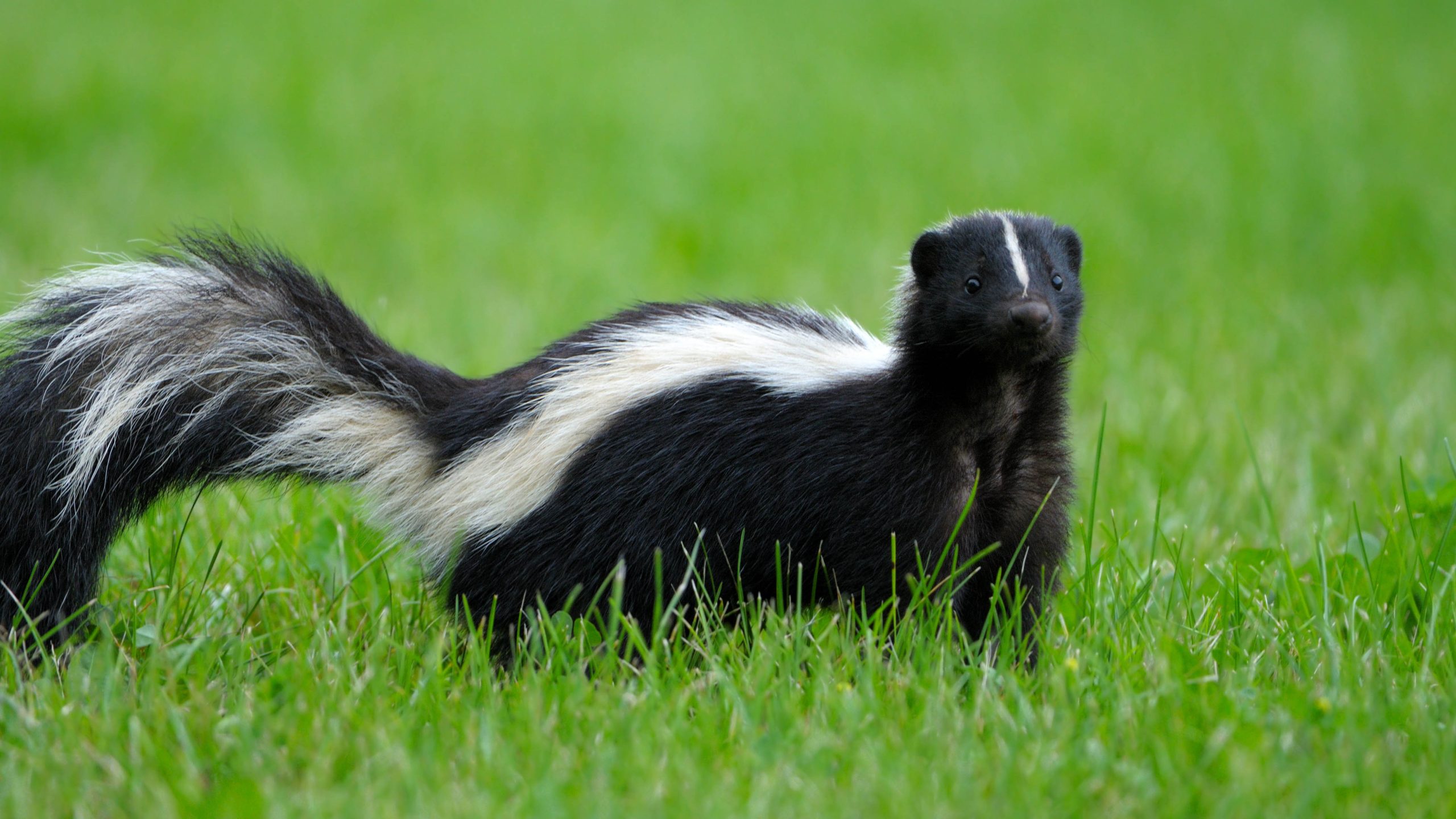
Skunks are some of the most misunderstood mammals in North America. With their bold black-and-white coloring and infamous spray, they have a reputation that’s hard to ignore. But there’s much more to these striped critters than just stink! In this FAQ, we’ll answer all your burning questions about skunks.
What exactly is a skunk?
Skunks are small to medium-sized mammals best known for their ability to spray a foul-smelling liquid as a defense mechanism. They belong to the family Mephitidae, which includes about a dozen species, including the striped skunk, spotted skunk, hooded skunk, and hog-nosed skunk.
Where do skunks live?
Skunks are native to the Americas and are found throughout the U.S., Canada, and parts of Central and South America. They prefer forest edges, grasslands, and even suburban neighborhoods. They’re extremely adaptable and often den in hollow logs, burrows, or under decks and sheds.
Why do skunks spray, and what’s in it?
Skunks spray a noxious liquid from glands located near their tail. This oily substance is a mix of sulfur-based chemicals called thiols, which are responsible for the terrible smell. Skunks spray only when threatened and can accurately aim their spray up to 10-15 feet.
Fun fact: Skunks give plenty of warning before spraying—stamping feet, hissing, and even doing handstands (in the case of spotted skunks)!
Does the spray hurt?
Not physically—but it can feel like it! If sprayed in the eyes, it can cause temporary blindness and intense irritation. The smell is notoriously difficult to remove and can linger for days or even weeks on fur, clothing, and pet fur.
What do skunks eat?
Skunks are omnivores and have a very diverse diet. They eat:
- Insects (like beetles, crickets, and grubs)
- Small rodents and amphibians
- Fruits and berries
- Bird eggs
- Garbage or pet food left outdoors
They’re especially fond of insects, making them beneficial to gardens and farms.
Are skunks dangerous?
Skunks are not aggressive animals. They are solitary and shy by nature. However, like all wild animals, they can bite or scratch if cornered, and they are potential carriers of rabies, although the risk is relatively low if left undisturbed.
Can skunks be kept as pets?
In some U.S. states, it’s legal to keep domesticated skunks as pets—after they’ve been descented. However, skunks are still wild at heart and require specialized care, enrichment, and a proper diet. They’re not a good fit for most households.
How can I keep skunks away from my home?
Here are some tips to discourage skunks from moving in:
- Secure trash cans with tight-fitting lids.
- Don’t leave pet food outside overnight.
- Close off access under decks and sheds.
- Remove brush piles and woodpiles that could become dens.
- Use motion-activated lights or sprinklers.
What should I do if my pet gets sprayed?
A popular myth says tomato juice works—but it doesn’t! Instead, use this proven recipe:
- 1 quart of hydrogen peroxide (3%)
- ¼ cup of baking soda
- 1 teaspoon of liquid dish soap
Lather it into your pet’s fur (avoid eyes and mouth), let it sit for 5 minutes, and rinse thoroughly. Repeat if needed.
Are skunks active year-round?
Skunks don’t hibernate, but in colder climates, they become less active in winter and may stay in their dens for long stretches. Sometimes, multiple skunks will den communally for warmth.
Are skunks good for the environment?
Absolutely! Skunks help control insect and rodent populations. Their digging may aerate the soil, and they play a role in the ecosystem as both predators and prey.
Final Thoughts
While they might be the punchline of countless jokes, skunks are fascinating, gentle creatures with important roles in the natural world. Give them their space, and you’ll rarely have a smelly encounter.
More photos below ↓














Disclaimer: This blog post is for edutainment purposes only and may not be entirely accurate.


